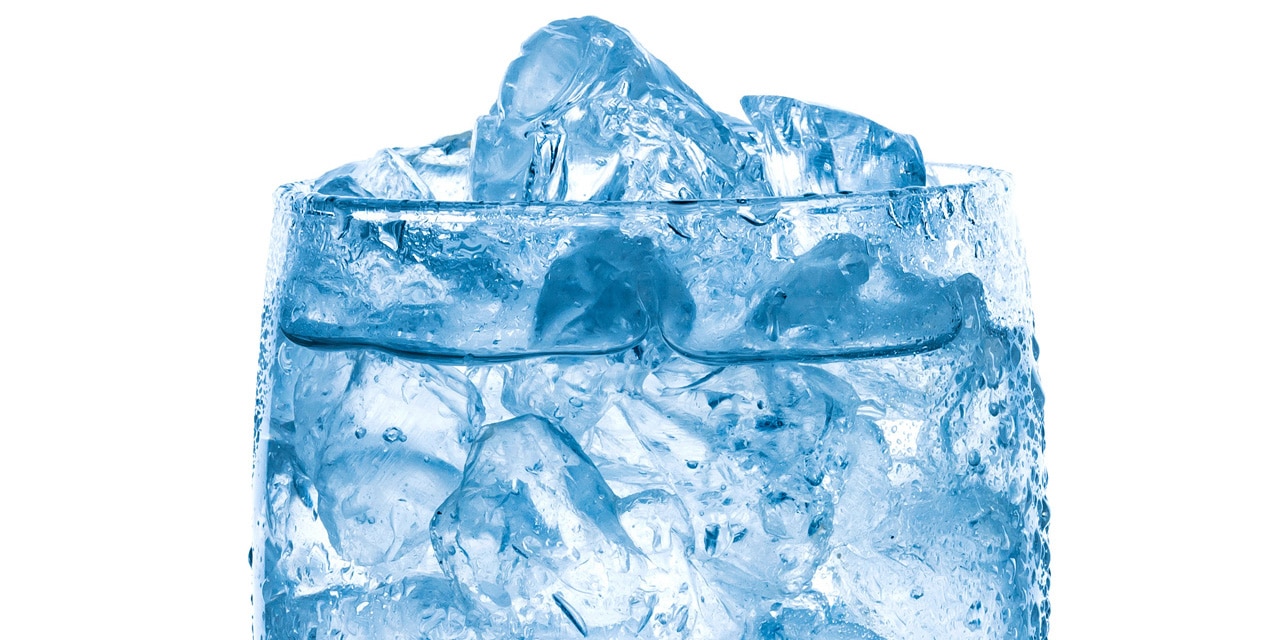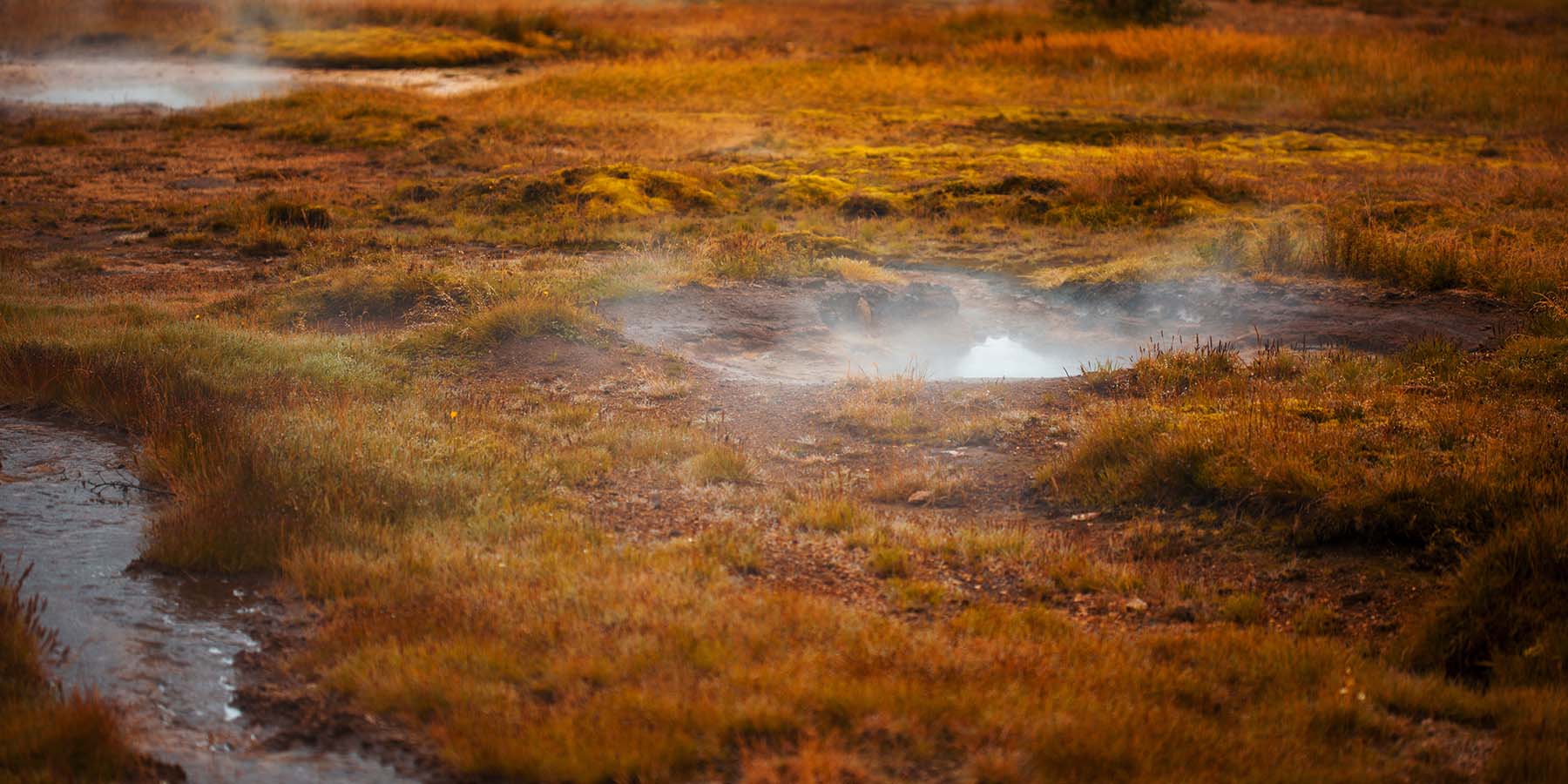Ever thought about why we drink cold water or prefer ice-cold water? At one point, you may have wondered why you had a slight partiality to cold water. What is it that causes cold water to taste better?
Could it be something psychological, related to taste, or even evolution? The answer is...it's complicated. There are many reasons and situations why humans prefer varying temperatures of water. Especially when we're ill, humans tend to dislike the taste of warm water or even boiled and then cooled water. It is complicated as to why cold ice water tastes better than warm or lukewarm water because water flavour is influenced by various elements, like temperature, carbonation, and mineral concentration.
Reasons Why Cold Water Tastes Better
In high school, the best water always came from the fountain nearest the gym. We would go out of our way to go to that deliciously cool fountain while avoiding the one in the language hallway like the plague. Of course, with a lineup five deep, it could be hard to make it there, get a drink, and get to your next class in the time allowed...but it was worth it for the good stuff. As it turns out though, that tasty water was likely just a product of high usage, keeping the temperature down and the water flowing because:
Humans Are Naturally Inclined To Favor Cold Water
There may be an evolutionary component in why cold water tastes better. Over hundreds of thousands of years, humans have chosen the best choices to further their survival, and the others have died off. Naturally, over this time period, humans have developed a preference for cool bubbling springs and running water over stagnant and brackish ponds. UV rays can purify water, but if left alone in the sun, stagnant water can develop toxic life, such as blue-green algae or legionella. It could be theorized that humans have developed a preference for drinking cold water because it is much more likely to be safe.
Note: While it is understood that cool flowing water is more likely to be safe than stagnant water, you should still either test or treat any water you drink in the wild. One way to remove pathogens from water is through a Life Straw which lets you filter water as you drink (Neither a Life Straw nor boiling will remove heavy metals).
Cold Water Refreshes After Intense Physical Activities
Exercise raises the temperature of your body's core. Therefore, cooling your body down after your workout and throughout the breaks in between workouts is crucial. Following a good workout, drinking cold water (not chilled or too cold) will assist you in lowering your body's temperature.
You crave ice water during exercise because it may cool down your entire body when you drink it when overheated. During the summer, heat exhaustion and heat stroke are frequent. Ice water can help you feel refreshed by delaying or reducing the rise in body temperature that occurs before, during, and after an exercise.
Imagine how hot water or warm water would feel after a strained workout. Pretty awful, isn't it? A heated body needs a cooldown, and colder water will cool you down better than warm water.
It may seem evident whether one would prefer cold water or hot water after any intense physical activity sensation, but while ice cold water tastes better, it may not be the best for endurance athletes. This is because when ice cold water enters the body, your body needs to work to bring it up to temperature, which can take energy from other activities. This is why during endurance activities, it is best to have lightly chilled water.
Note: In some warmer climates drinking hot tea is used to cool down. The mechanism involved in this is that a warm drink will cause you to increase sweating while you drink, which will cool you down over a more extended period of time as the sweat evaporates.
Cold Water Triggers The Brain To Indicate Rehydration In Action
Studies show that ambient water is absorbed more quickly when it is between 50 and 72 degrees, so it helps our bodies rehydrate more quickly. But taste wise many individuals choose to drink colder water, which may help them feel hydrated for longer than if they only occasionally drank ambient water.
What does rehydration mean? Rehydration simply means replacing the water our bodies naturally lose throughout the day. However, there are many components of staying hydrated that many people do not consider. If you feel thirsty, you are already likely in the beginning stages of dehydration, and a quick thirst-quenching sip isn't enough to fulfill your body's needs. Additionally, to rehydrate properly, you must consider replacing the minerals your body has lost through sweat, such as sodium, chloride, potassium, magnesium, and calcium.
Hot Water Disperses The Molecules Hence Result In Disrupted Taste Sensation
It is a known fact that heat energy causes molecules to vibrate and increases the intermolecular space between them, resulting in the molecules' dispersal since the space increases. This, in a way, distorts the authentic taste of the water, causing a different taste and mouth feel.
Hot And Warm Water Kills Bacteria and Removes Some Minerals
While boiling water cannot remove heavy metals, it does decarbonate the water. This removes the Carbon Dioxide (CO2) from the water, which can also reduce that Calcium concentration. This will change the flavour of a carbonated water significantly. You will also be able to see any precipitate of this reaction at the bottom of the pot.
Distilled water can be called pure water with no added impurity, it's purely H2O. On the other hand, mineral water is water in which minerals are present. Normal water has added impurities in the form of minerals, gases, disease-causing germs, etc. Some 'impurities' enhance the flavor of the water, while others can make it unsafe.
Water Temperature Preference Based On Geographical Location
Geographical Location influences water temperature, the most noticeable being the difference between the USA and Europe. In Europe, water is typically served in a glass with no ice, while in the United States, ice is usually included by default.
In places with high altitude, or other places that generally sport a colder climate, inhabitants are likely to have a history of warming drinks (like hot chocolate at the ice rink or on the ski hill).
In the same way, the people living in hot and dry or hot and humid places would prefer cooler beverages such as an agua fresca water over hot or warm water.
Does Psychology Have Something to do With Water Temperature Preference?
Even though the taste of water is influenced by a variety of elements, including temperature and mineral content, some of it may also be merely psychological.
According to studies, the rapid satiation we experience after drinking ice water is psychological. Remember the last time you were thirsty and eager to down a glass of water. Was your desire immediately sated when you finally did?
Even before the water had a chance to reach your stomach or bloodstream, you most likely felt energized because the fluid stimulates the nerves that respond to temperature and touch. The brain neurons monitoring the blood composition may produce the sensation of thirst whenever the body's water balance is out of equilibrium, according to researchers from the University of California, San Francisco. However, this quick satiation means that your thirst can be turned off before the bodies hydration problem is solved. The impulses from the neurons are thought to diminish even before the liquid has entered your stomach. This means that during hot days you should always keep track of the amount of water you've drank so that you can stay properly hydrated.
What Other Factors Affect Water Temperature Preference?
Apart from mood, several factors affect water temperature preference, like weather, intense physical activities, and so on. A few of them are discussed below.
Ambient Temperature
While some individuals prefer cold water, others may actually prefer ambient temperature water. Additionally it is easier for your body to digest water that is room temperature or slightly cooler (between 50-72 degrees Fahrenheit or 10-22 Celsius). Ambient water temperature may also promote good digestion, increases metabolism, and decreases thirst.
Health Condition
There are some situations when one prefers warm water over cold water, without considering the taste of the water. One such situation is when you are sick. It is often the case that someone who is ill feels very relieved with warm fluid food (soups etc) over colder stuff.
Drinking warm or hot water may effectively lessen your symptoms and make breathing easier if you have the flu, cold, or nasal allergies causing your sinuses to get congested. On the other hand, consuming cold water may exacerbate your symptoms by thickening nasal mucus.
Personal Preference
Since ice water has a milder flavour than room temperature water, many people prefer to drink it that way. Although it may seem paradoxical, warm water—especially warm unfiltered water—has a tendency to taste more robust. This is because the sensitivity of our taste senses is reduced by cold, but on the other hand, any pollutants that may give the water a little off flavour are quelled. This is why Red Wine is drank at room temperature or slightly cooler because it allows you to enjoy the fullness of the flavour.
Conclusion
For me nothing tastes as good as the physical sensation of ice-cold fresh water on a hot day. However, when I'm tasting new waters, I will likely serve them slightly chilled from the ambient temperature to allow the flavours to come out.



